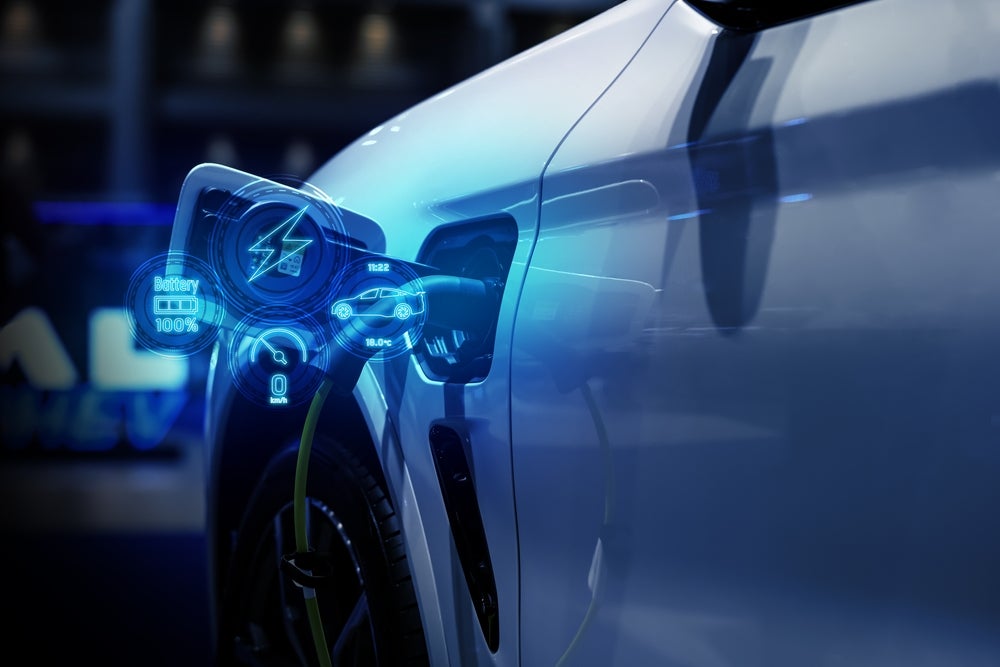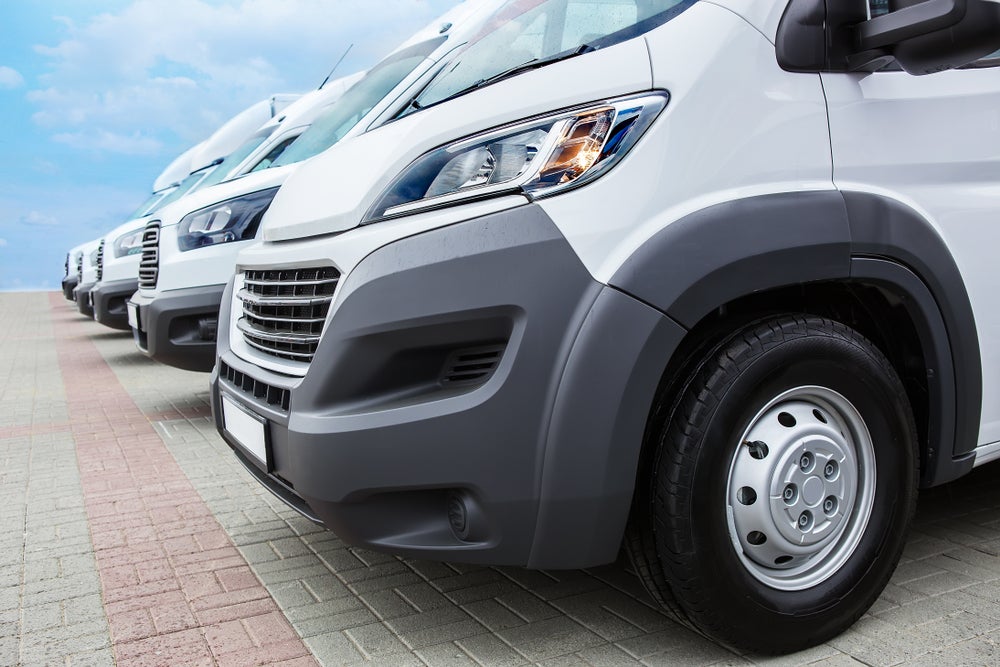GlobalData’s deals tracker shows an uptick in the number of deals announced in the automotive sector globally in the quarter ended June 30 (422 versus 370 in the previous quarter).
This increase coincided with the worst of the COVID-19 crisis and associated economic downturns in many parts of the world, but suggests industrial restructuring is taking the form of M&A activity, as well as joint ventures and corporate finance changes.
Although the huge pending PSA-FCA merger (with the new merged entity to be called Stellantis) is dominating M&A discussion in the sector, there is much activity in the component parts supplier sector and also involving software and development companies involved in key technology areas.
Immediate consequences of the COVID-19 crisis are also becoming increasingly evident, with new restructuring opportunities being created against a background of company cashflow difficulties, bankruptcies and volatile financial markets.
As the auto industry emerges from this crisis, many suppliers will be financially stressed, in administration or close to going out of business. In these circumstances, M&A activity will get a boost as opportunities for acquisition at low price emerge.
There are two key drivers. One is a direct consequence of the industrial shakedown caused by the COVID-19 crisis and disrupted supply chains. Restructuring and the acquisition of manufacturing assets is a way for companies to reduce future supply risk or potentially improve their competitive position through, say, a step-up to greater scale or the ability to spread investment overheads across more business units.

US Tariffs are shifting - will you react or anticipate?
Don’t let policy changes catch you off guard. Stay proactive with real-time data and expert analysis.
By GlobalDataThe second main driver is long-term in nature and reflects the ongoing relevance of CASE (Connected Advanced Shared Electrified) strategies and the automotive sector’s industrial transformation. Supplier companies want to be well positioned as key suppliers in these ‘sunrise’ megatrends and that has encouraged a trend towards much greater product specialisation in these automotive technology areas. M&A activity has underpinned the trend as companies selectively expand some activities and divest others.
However, the advanced emerging technologies involved in CASE – such as electrification – are much more expensive than longer established technologies, creating a heavy cost burden for supplier companies. That will have weighed particularly heavily on some suppliers during the crisis.
Further, many of the companies in this area are start-ups. Their backers and financing thus far won’t have banked on such a cataclysmic series of events. These guys will be really hurting, backers will be reluctant to increase funding as CASE may take a back seat in the short-term and it’ll be more difficult for initial backers to see a pathway to returns. They may well want out.
The upshot is further financial pressures coming to bear on suppliers as a result of the Covid-19 crisis, creating the conditions for an upsurge to M&A activity as the industry recovers.
More industrial consolidation will also result from vehicle manufacturers and major suppliers looking for greater supply chain security, especially after recent experiences of supply chain ‘breaks’. These larger companies can utilise their financial clout and market presence to stimulate M&A activity that brings them supply-side solutions at acceptable cost.
– By Dave Leggett








